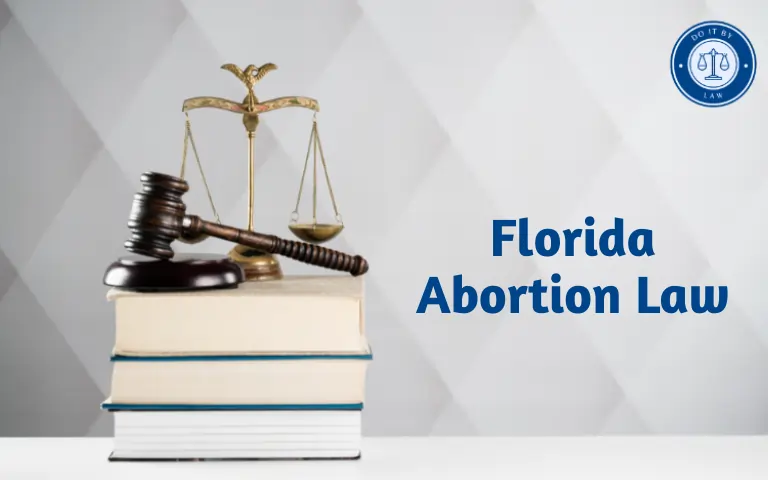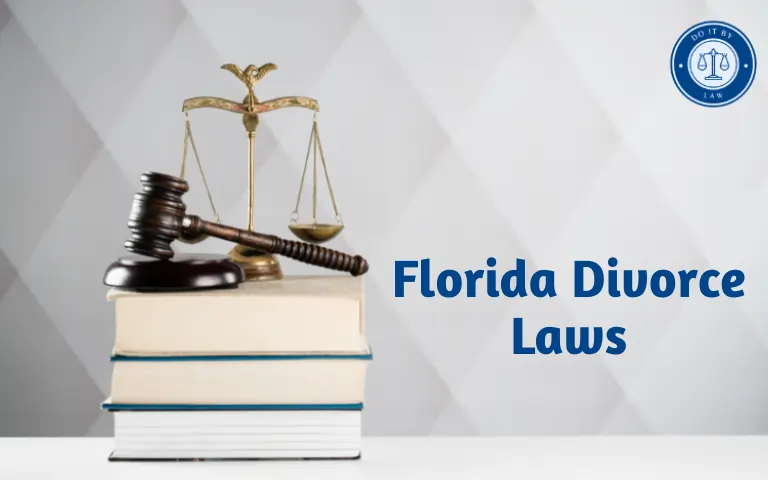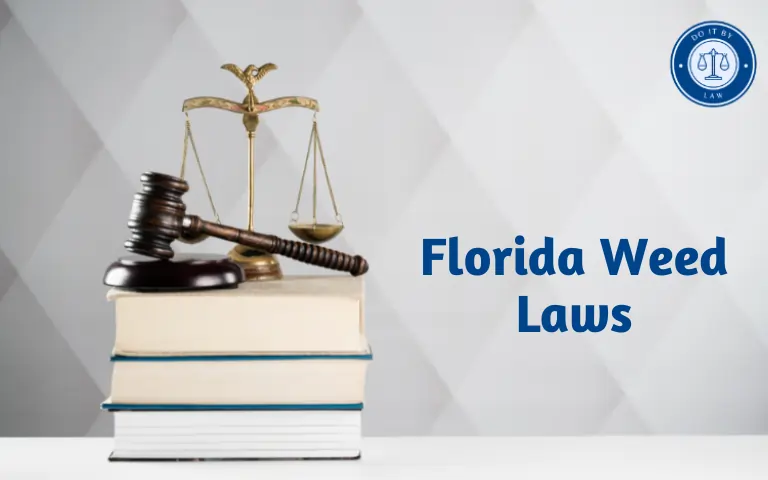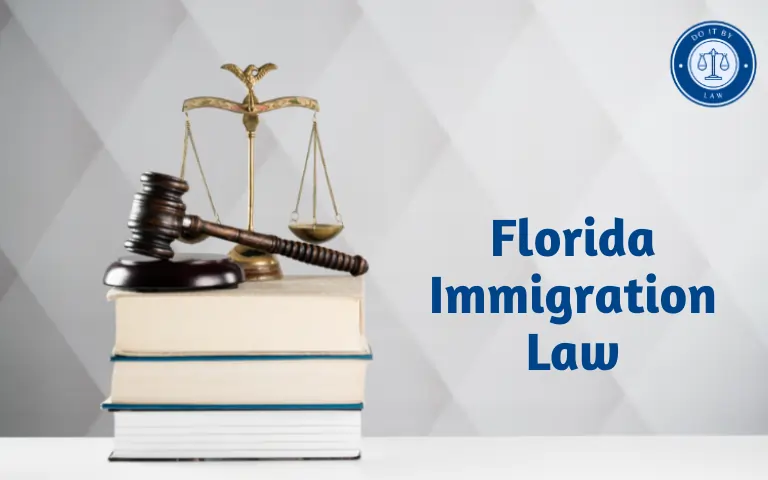Florida Abortion Law: What You Need to Know
Florida Abortion Law have undergone major changes in recent years. This article provides a comprehensive overview of Florida’s current abortion law, its history, key provisions, controversies, and potential future developments.
When Was Florida’s Abortion Law Enacted and Why Did It Exist?
Florida State enacted abortion restrictions in the late 1800s, banning abortions after quickening (when fetal movements can be felt), which generally occurs around 16-18 weeks of pregnancy. This law existed to criminalize the termination of pregnancies in later stages.
In 1972, the Florida Supreme Court struck down the state’s abortion restrictions ruling that they violated the right to privacy under the Florida Constitution. After Roe v. Wade was decided in 1973, Florida allowed abortions up until viability, generally considered 24 weeks.
In 2022, Florida passed House Bill 5 banning abortions after 15 weeks, which was signed into law by Governor Ron DeSantis. The 15-week ban was enacted to limit access to later abortions. Supporters argued 15 weeks provided enough time for women to obtain an abortion, while critics said it imposed an undue burden on reproductive rights.
In April 2023, Florida banned abortions after 6 weeks with some exceptions. This law will take effect if the 15-week ban is upheld in court. The 6-week ban aimed to limit access to abortions early in pregnancy by using fetal cardiac activity as the threshold.
Who Does Florida’s Abortion Law Apply To?
The law applying to abortion in Florida is currently complex and evolving due to court challenges. Here’s a breakdown of who the law currently applies to, with caveats:
Generally applies to:
- Pregnant women residing in Florida or seeking abortion services there.
- Doctors and healthcare providers performing abortions in Florida.
- Anyone assisting or participating in an abortion in Florida.
Exceptions and considerations:
- Gestational age: Currently, abortion remains legal before 15 weeks and 6 days of pregnancy, though a new, stricter law banning it at 6 weeks with limited exceptions awaits a state Supreme Court ruling.
- Medical exceptions: Exceptions exist for abortions required to save the pregnant woman’s life or protect her health, or in cases of a fatal fetal abnormality.
- Rape and incest: The new 6-week ban allows abortions for pregnancies involving rape or incest if documented with a police report or restraining order.
- Minors: Parental consent or a judicial bypass is required for abortion access for minors under 18.
Uncertainties and legal challenges:
- The constitutionality of both the 15-week and 6-week bans is being challenged in court. The 6-week ban’s effectiveness hinges on the 15-week ban being upheld.
- The interpretation of exceptions and enforcement may vary depending on ongoing legal proceedings.
Therefore, it’s crucial to consult with a healthcare professional or legal expert for accurate and up-to-date information about how Florida’s abortion law applies to specific situations. You can also get help and resources from organizations like Planned Parenthood or the National Network of Abortion Funds.
So Florida’s abortion laws impact people of all ages and residency statuses seeking care in the state.
Key Provisions of Florida Abortion Law
Florida’s abortion law contains several key provisions:
Gestational Limits
- 15-week ban: Abortions are banned after 15 weeks of gestational age, which is counted from the first day of the woman’s last menstrual period. This limit is currently in effect1.
- 6-week ban: Abortions would be banned after 6 weeks of gestational age or when fetal cardiac activity is detected. This is not yet in effect but would take effect 30 days after the 15-week ban is upheld in court
15-Week Ban (HB 5)
- Prohibits abortions after 15 weeks of pregnancy, with exceptions for:
- Threat to the life of the pregnant woman
- Fatal fetal abnormality
- Doctors who violate the law face civil and criminal penalties
Exceptions
- Rape, incest, human trafficking: Abortions are allowed up to 15 weeks (if the 15-week ban is lifted) or when required to save the woman’s life, with documentation required.
- Fatal fetal abnormality: Abortion is allowed without a gestational limit in this case.
- Mother’s life or health: Abortion is allowed to save the woman’s life or protect her health.
Parental Consent for Minors
In Florida, patients under 18 must notify and obtain consent from at least one parent or legal guardian to obtain an abortion. This requires having consent forms completed and notarized prior to the procedure.
There is an option to petition the court for a waiver if involving a parent/guardian is not possible. This is known as judicial bypass
In-Person Requirements
The medication used for medication abortions must be dispensed in person by a physician and cannot be delivered by mail or courier Additionally, abortion services cannot be provided via telehealth/telemedicine.
Recordkeeping and Reporting
Physicians are required to file termination of pregnancy reports for each abortion with Florida’s Agency for Health Care Administration. These reports must contain extensive details about each abortion
Penalties for Violating Florida Abortion Law
The penalties for violating Florida’s abortion law are strict:
- Performing or inducing an abortion illegally is a 3rd-degree felony punishable by up to 5 years in prison and $5,000 in fines
- Medical professionals can face loss of their medical license and other disciplinary actions.
- Facilities performing illegal abortions risk losing licenses and ability to operate.
There are also penalties under Florida’s “10-20-Life” law which imposes mandatory minimum prison sentences if a gun is involved in certain crimes:
- 10 years if defendant possessed a firearm
- 20 years if defendant discharged a firearm
- 25 years to life if wounds or kills someone
So violating Florida’s abortion laws has serious criminal consequences. Women obtaining illegal abortions likely would not face charges
Florida Abortion Law Recent Changes and Proposed Changes
Florida’s abortion laws are frequently changing and being challenged in court:
- The 15-week ban was signed into law in 2022 and immediately challenged in court. As of late 2023, it remains in effect and is undergoing review by the Florida Supreme Court.
- The 6-week “heartbeat ban” was signed by Gov. DeSantis in April 2023 but is not yet in effect. It would take effect 30 days after the 15-week ban is upheld. It has narrow exceptions for rape, incest, and human trafficking before 15 weeks.
- A proposed constitutional amendment by the group Floridians Protecting Freedom would establish the right to abortion up until fetal viability (~24 weeks).
- It has received over 700,000 signatures but still faces obstacles to appearing on the 2024 ballot. If approved by 60% of voters, it would block enforcement of Florida’s abortion restrictions.
So Florida’s legal landscape on abortion continues to evolve rapidly with new legislation and court battles. The Florida Supreme Court decision in late 2023/early 2024 will have huge implications.
Florida Abortion Law Controversies and Debates
Florida’s abortion laws are controversial and have sparked debates about:
- Constitutionality – Critics argue the laws violate the privacy rights protected by Florida’s constitution which have covered abortion access since a 1989 Supreme Court ruling. Supporters say privacy rights don’t include abortion.
- Gestational Age Limits – Medical experts argue Florida’s limits prohibit abortions before viability and before many women know they are pregnant. Supporters believe the limits reasonably restrict later abortions.
- Bodily Autonomy – Opponents say the laws remove a woman’s choice over her own body and medical decisions. Supporters argue the laws protect fetal life.
- Parental Consent – Requiring minors to obtain parental consent can lead to young women seeking unsafe methods or traveling out of state, critics argue. Supporters say parents should be involved in these decisions.
- Burdens for Low-Income Women – Strict limits disproportionally impact low-income women who face financial, and logistical obstacles to early abortion access, opponents say. Supporters counter the limits and provide reasonable timeframes.
- Religious Motivations – Critics argue supporters are motivated by religious beliefs about abortion rather than sound policy. Supporters maintain these are reasonable evidence-based limits.
These debates will continue as legislators propose new abortion restrictions while reproductive rights groups challenge limits in court. The divide appears wide and contentious.
Conclusion: Key Takeaways about Florida Abortion Law
In summary, key takeaways about Florida abortion law include:
- Abortions are currently banned after 15 weeks gestational age under a 2022 law being challenged in court
- A new ban on abortions after 6 weeks was signed into law in 2023 but is not yet in effect
- Abortions would only be allowed after gestational limits if:
- The woman’s life/health is endangered
- There is a fatal fetal abnormality
- Minors under 18 must obtain parental consent before an abortion
- In-person requirements exist for getting abortion medication
- Violations carry severe criminal penalties, especially for providers
- Legal developments continue with proposed amendments and court battles ahead
So while abortion currently remains legal in Florida up to 15 weeks, the landscape is shifting quickly with new laws and court fights aiming to add restrictions. The stakes for abortion access in Florida are high with uncertainties ahead, making this a pivotal time for both sides of this polarizing issue.







